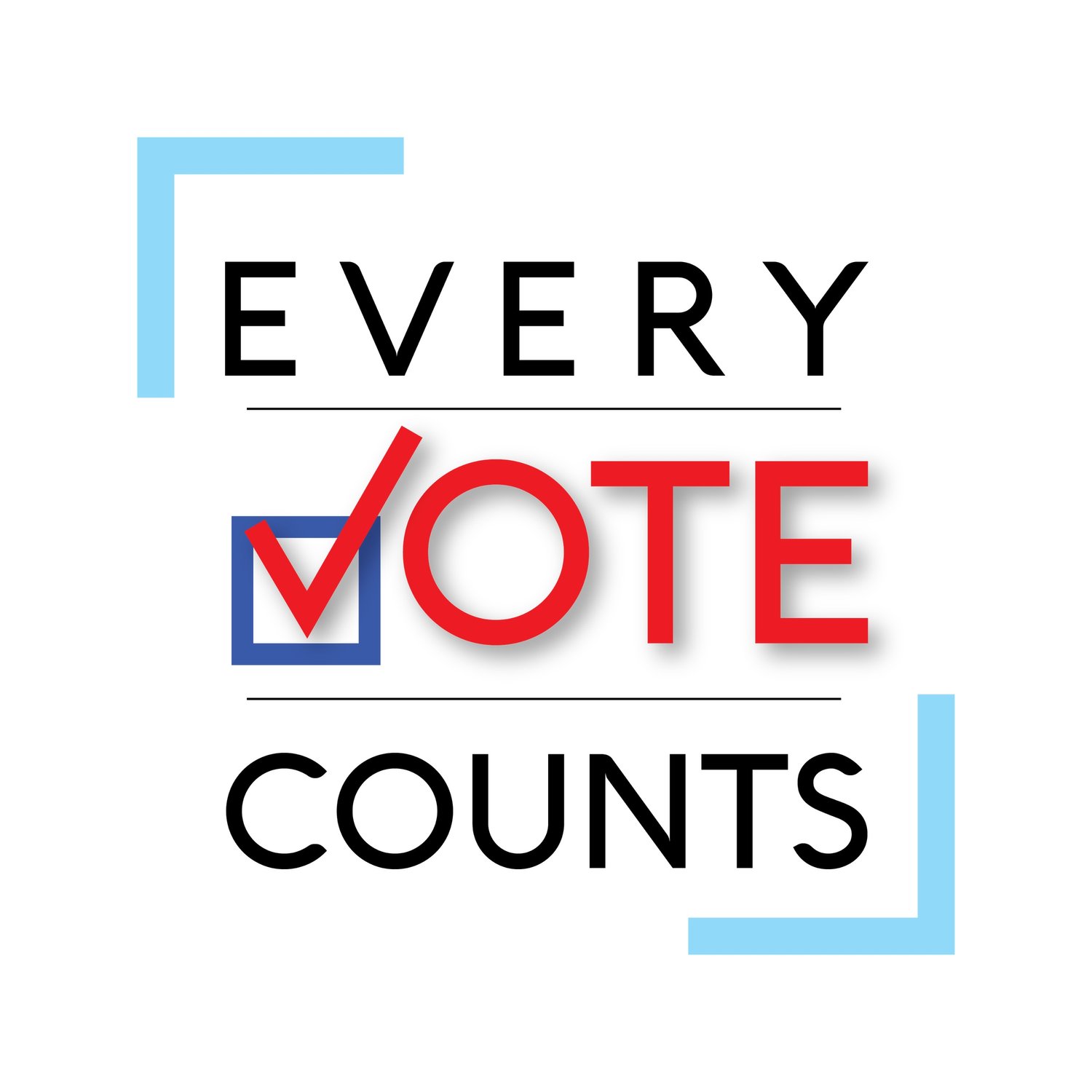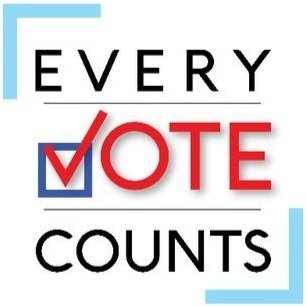Voting From Abroad
Americans living abroad now face unprecedented challenges when it comes to voting this November.
By Jeanie Kim
In 1986, Congress enacted the Uniformed and Overseas Citizens Absentee Voting Act (UOCAVA). This required states to allow any U.S. citizens living outside the U.S. or any member of the U.S. Uniformed Services and their family members to register and vote absentee in federal elections. After the passage of this legislation, citizens can submit a Federal Post Card Application, which simultaneously registers someone to vote and submits an absentee ballot request. In more recent years, the 2010 MOVE Act also added some expansions to help make sure citizens had enough time to receive and mail back their ballots.
However, Americans living abroad now face unprecedented challenges when it comes to voting this November. As of July 28th, 2020, the U.S. postal service has stopped accepting shipments to 68 countries due to “lack of transportation or suspension of mail service in that country.” It is unclear how ballots will be mailed to U.S. citizens living in countries who are having problems with international mail. USPS has stated that “election officials should mail absentee ballots at least 45 days prior to the November 3, 2020, General Election. All military absentee ballots mailed by election officials from September 1 through November 30, 2020, will be subject to special handling procedures.” This gives countries and the U.S. limited time to figure out how overseas citizens will vote in November’s general election.
The Federal Voting Assistance Program (FVAP) has partnered with the USPS, Department of State, and Department of Defense to help people with international voting problems during COVID-19. However, there has been no clear response as to what steps they will actually be taking.
This might not seem like a priority for many Americans, particularly when citizens inside the U.S. are also having many concerns about vote-by-mail. However, according to the Association of Americans Resident Overseas(AARO), if all of the 8.7 million Americans living outside of the U.S. were a state, they would be the 12th most populous state in the country. This puts them right between New Jersey and Virginia. It is hard to imagine that a candidate would not pay attention to the votes coming from a state the size of New Jersey and Virginia.
The lack of interest might be attributed to the fact that Americans abroad are not entitled to a block of delegates in the electoral college. Nevertheless, the popular vote is still extremely important to the U.S. election system. The popular vote represents who the American population wanted to be president. Furthermore, it is rare for an individual to become president without winning the popular vote.
As election results continue to have increasingly thin-margins, absentee voting has become a decisive factor. President George W. Bush won the presidential election in 2000 after all absentee ballots were counted; overseas military ballots played a key role in his victory. To this day, people dispute the size of President Bush’s victory against Vice President Al Gore. When he was first declared the winner with a 1,784 lead, and by the time votes were recounted, he led by 300 votes. The 2,409 ballots from Americans living abroad that were counted after Election Day helped push President Bush to the victory line. Other examples of candidates who won because of absentee ballots include Senator Webb of Virginia in 2006, Governor Cooper of North Carolina in 2016, and Senator Hassan of New Hampshire in 2016.
It is possible that absentee ballots could also be the deciding factor in this election, particularly with many Americans voting by mail this year. As the U.S. figures out how to vote by mail on a large scale during a global pandemic, it must also make sure to include citizens overseas in their concerns. Living outside of the country does not make someone any less American. If the U.S. wants to live up to its claim of being a “true democracy”, then the U.S. must find out a way to make sure that all eligible voters are able to participate in this year’s general election.
Vote From Abroad is a nonpartisan organization that provides help and resources to U.S. citizens voting absentee from other countries. If you are a member of one of the two major parties, the Democrats Abroad and Republicans Overseas also have resources to guide you.

